As told to Jacquelyne Froeber
October is Breast Cancer Awareness Month.
I was in the produce aisle of the Winn-Dixie when a grown man coughed on me. Loudly.
I froze — a ripened tomato in my hand. I felt the weight of it and noted the subtle spray of the cough on its bright red skin.
This was no accident. I’d seen that man moments earlier change direction and make a beeline for me. As I stood there seething, I reminded myself to breathe. Sadly, this wasn’t the first time a random person saw me wearing a mask in public and coughed in my direction. But that didn’t mean I knew how to act when it happened.
In my fantasy, I take the tomato and throw it at him. As he turns, I tell him I have breast cancer and a compromised immune system. I watch his maskless face fall. “Metastatic breast cancer!” I add. And then I scoff. As if he knows what that means.
But the moment had passed. I took the spitty tomato up to the counter and told them to throw it away. “You don’t want anyone to take that home,” I said.
I was diagnosed with breast cancer in December 2019. I found the lump myself and like anyone in that position, I’d hoped I caught it early. My oncologist and surgeon said I did — the cancer was stage 2 and slow-growing. They recommended I have a double mastectomy to remove the tumors — and all my breast tissue — and put this whole thing behind me. Even better: I wouldn’t need chemotherapy or radiation.
Unfortunately, my bones were keeping a secret from me. The lymph nodes that were removed during the surgery showed that the cancer was more aggressive than previously thought. Follow-up scans confirmed the worst: The breast cancer had moved to my bones. There were lesions on my spine and hip. I didn’t have stage 2 breast cancer. I had stage 4.
When they told me the news, I instinctively put my hands on my stomach. I felt like I had been sucker punched. I struggled to breathe — stunned by the betrayal coming from inside my own body. And then my brain pretty much went on autopilot because, well, there’s not much you can do when you’re recovering from a double mastectomy and preparing for the unknown.
By March 2020, I was still healing but moving forward with my new treatment plan that included a lot of needles and pills and tests and scans for the foreseeable future. My family, especially my sister, helped me schedule all the things and lifted me up when I was down.
Then Covid hit and the whole world shut down.
My first thought: Who gets diagnosed with terminal cancer during a pandemic? I would have laughed if it weren’t so ridiculous. And utterly terrifying. Suddenly I was quarantined, alone and on the list of high-risk people up next to die from a virus none of us could see and had never seen before.
The irony was that I still had to go to the hospital for treatment, which meant I could be exposed to the virus at any time.
I’d started holding my breath for as long as I could under my mask, hoping every little bit helped against the invisible threat lurking inside the very place that was keeping me alive.
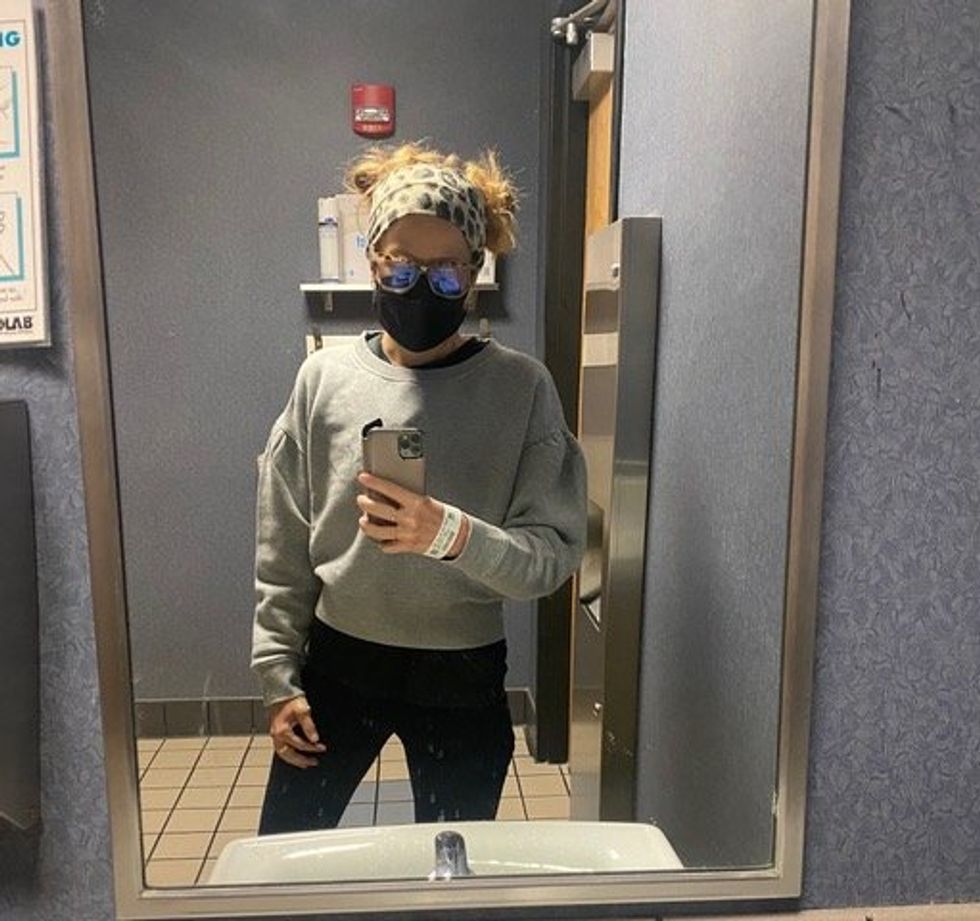
But in October, yet again, I discovered the threat was coming from inside the house. I was diagnosed with cutaneous T-cell lymphoma on the bottom of my foot. Of all places! And it was a rare type of lymphoma. My first thought: Who gets diagnosed with two cancers during a pandemic?
The lymphoma really solidified how spectacularly crappy my immune system is. My white blood cells — the ones that help fight infection — were low because of treatment, but looking back, I’d always had a hard time getting over an illness or healing from a wound. I once had poison ivy for six weeks. I didn’t want to think about what would happen if I got Covid.
So, when the restrictions were lifted and the pandemic was “over,” I kept living my new normal as if nothing changed. I avoided crowded areas. I wore my mask in public. And I got the vaccine as soon as I could. Even though it doesn’t fight infection entirely, every bit helps.
My life today is pretty much the same as it was at the height of the pandemic. My trips out in the world have a mission-like precision: Mask up, get in, get out, exhale. I avoid doing things indoors as much as possible and, unfortunately, that means missing out on a lot of events and opportunities. And I know there are people who think my response is an overreaction.
I’ve also had to learn that there's a tipping point where people are only going to accommodate your needs for so long — if at all. “There are just … so many of us. And so few of you,” someone said to me, wearily. I’m so sorry to tell you that this just isn’t true. About 7 million people in the United States are immunocompromised and a lot of us are still trying our best not to get deathly ill from Covid.
So I still wear my N95s. I avoid crowded indoor spaces. I watch the surges come and go. I’ve watched some people fade out of my life and others advocate for me with fierce kindness. I’ve also gotten to know the pleasure of my own company very well, and I have to say: If you don’t have the patience to make room for me, you are really missing out. (I’m kind of hilarious.)
I understand that Covid isn’t even a thought for some people anymore, but it’s still a very real threat to me. Because I’m immunocompromised, there’s no telling how sick it could make me. And, I no longer trust my body to protect me because it’s failed me in such a spectacular way. So I have to do everything I can to not get seriously sick — or even die.
But there are days when I wonder if maybe I am being ridiculous. Maybe I should go to that indoor concert or into the grocery store without my mask. But then I remind myself that I’m living with two cancers and I’ve been through a pandemic. I don’t know what the future will bring, but I’ve made it this far by trusting my gut. I’m not going to stop now.
Have a Real Women, Real Stories of your own you want to share? Let us know.
Our Real Women, Real Stories are the authentic experiences of real-life women. The views, opinions and experiences shared in these stories are not endorsed by HealthyWomen and do not necessarily reflect the official policy or position of HealthyWomen.


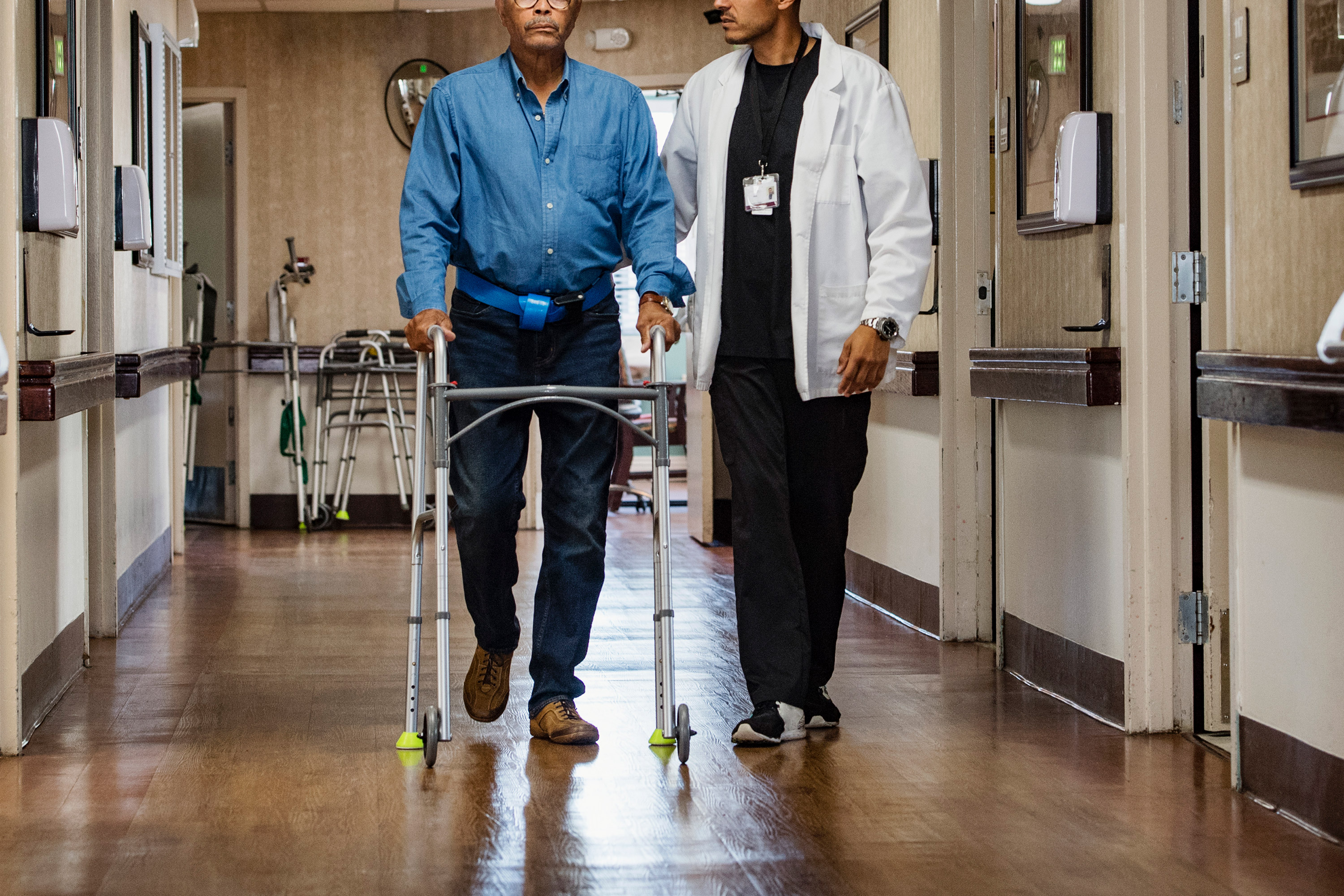
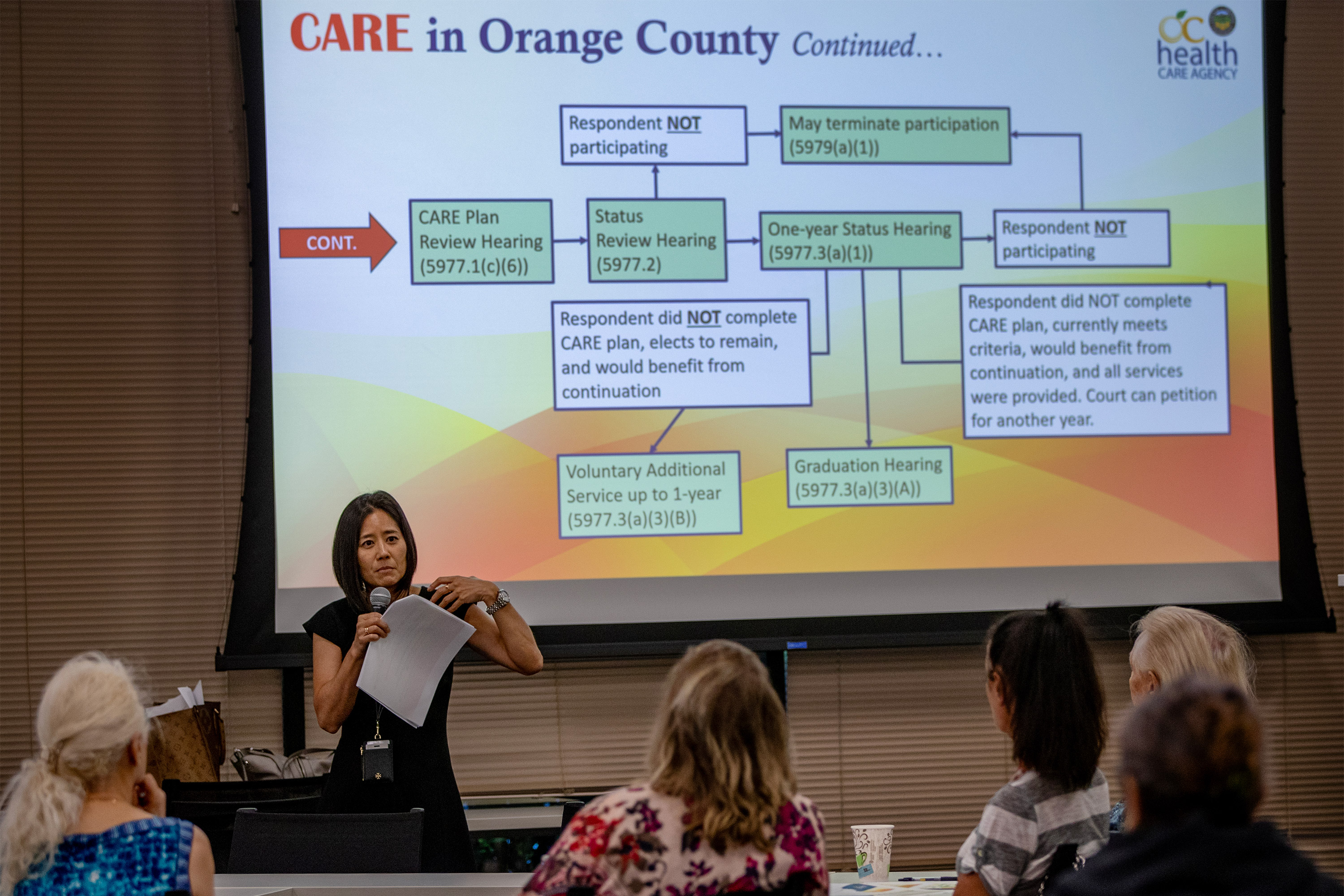



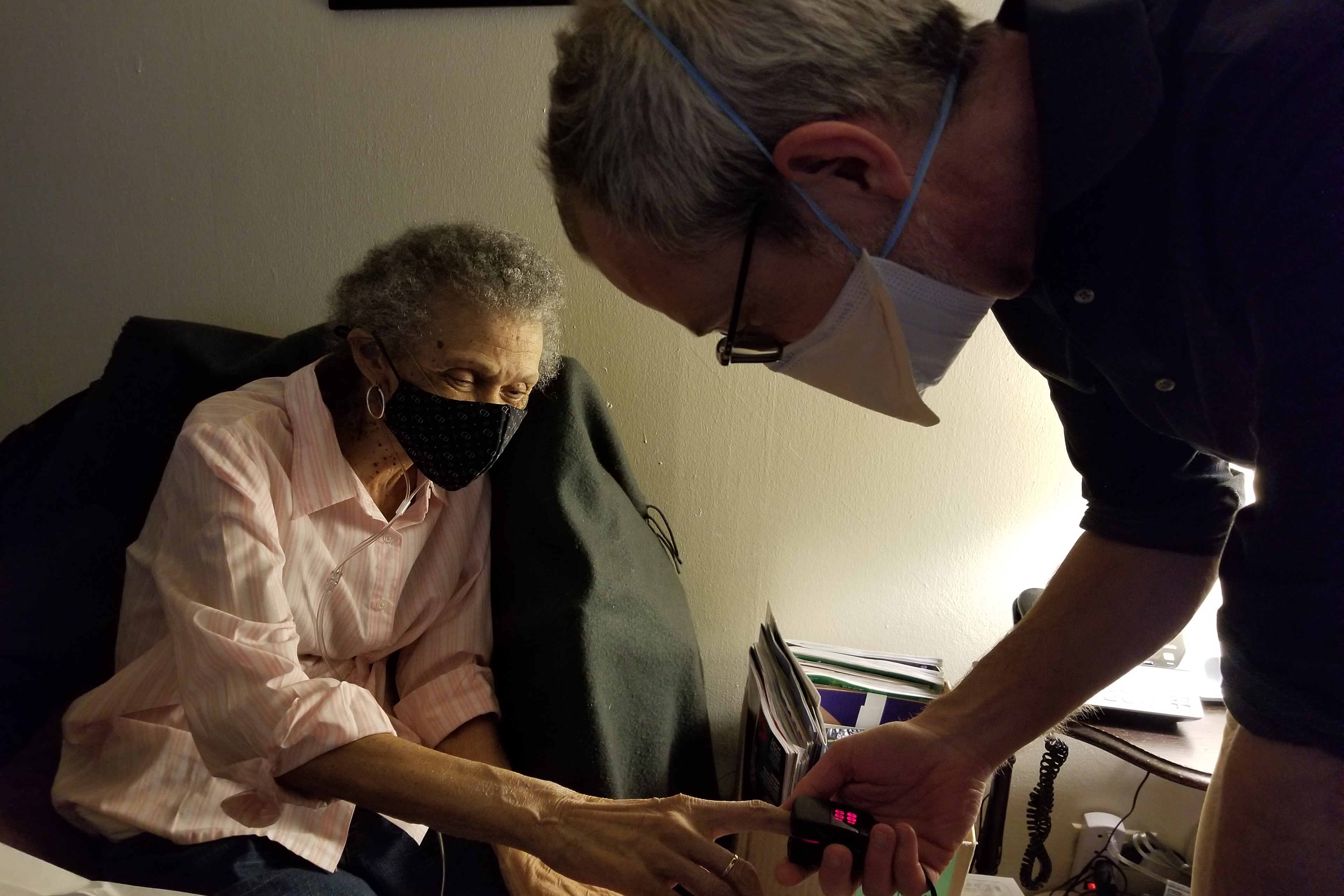


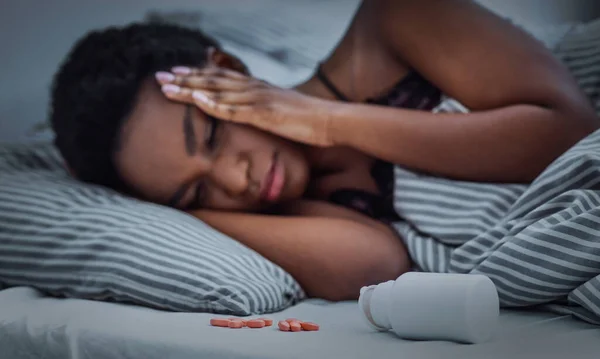

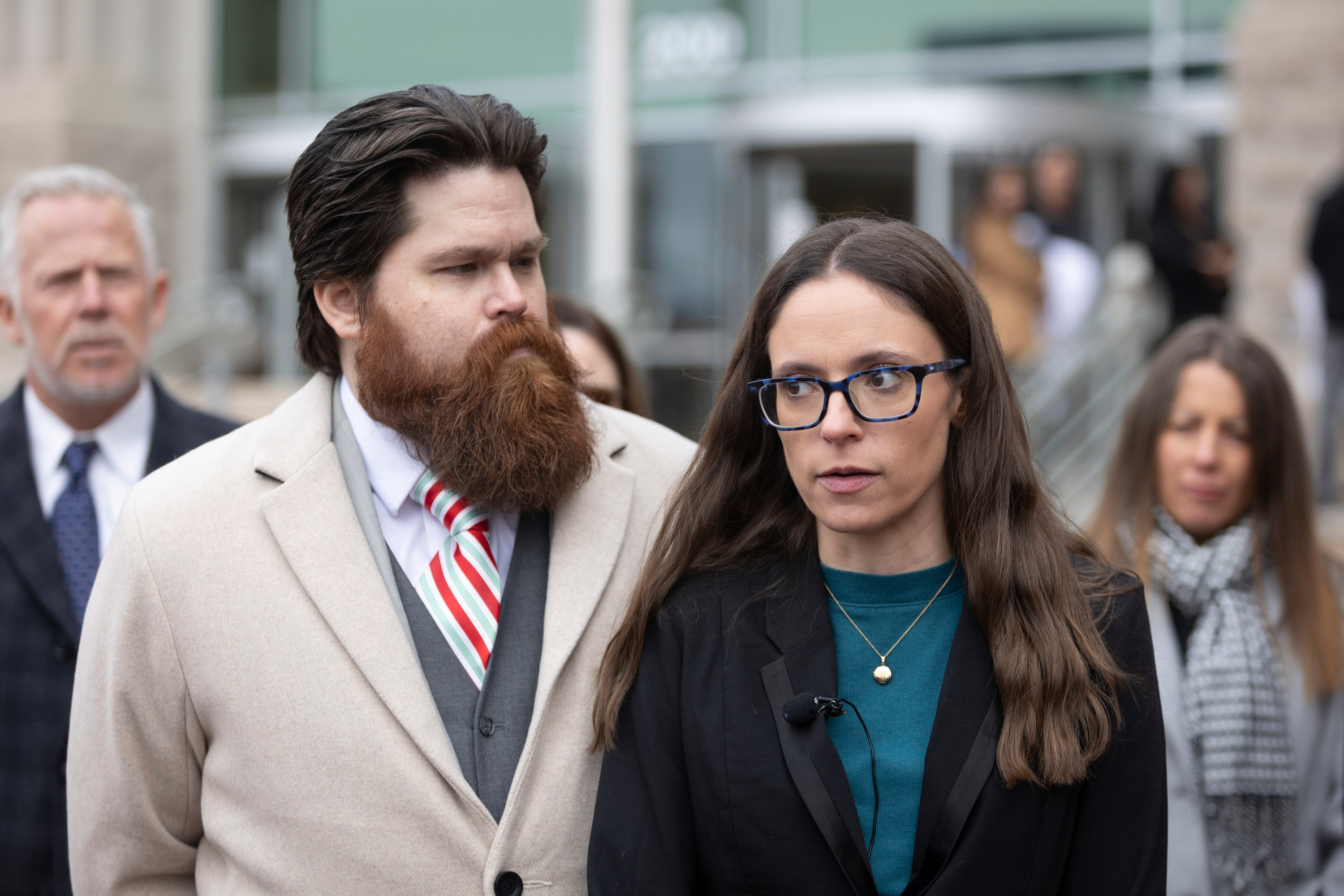



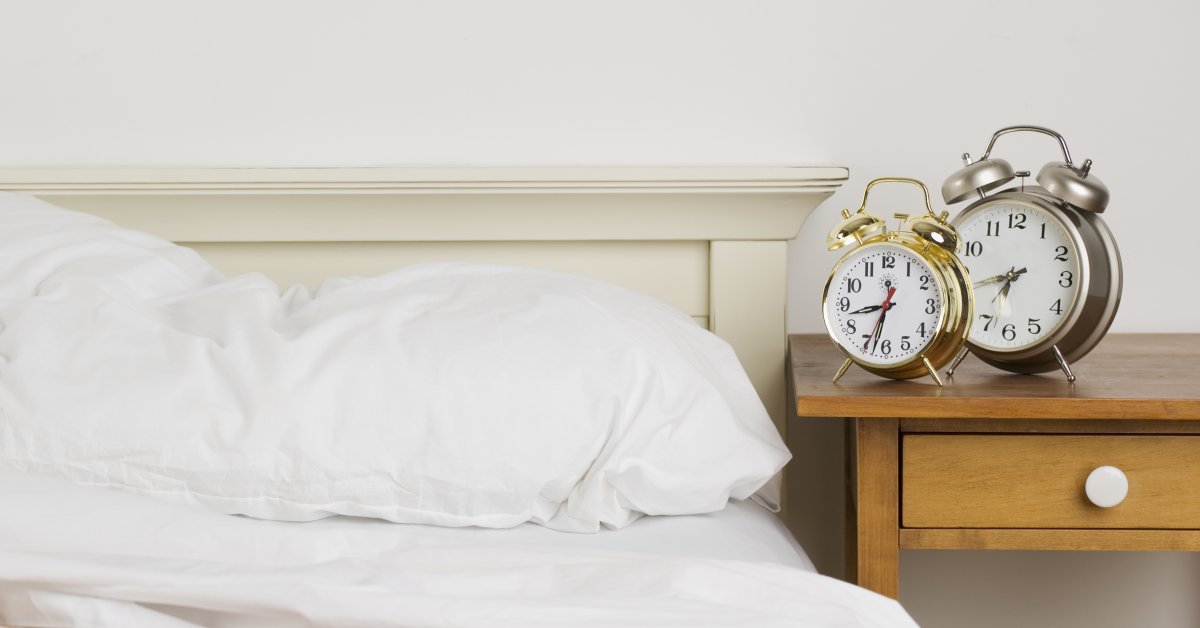


 English (US) ·
English (US) ·